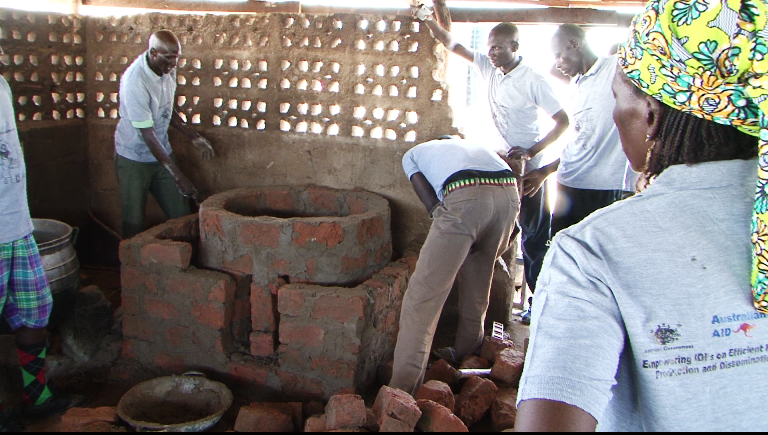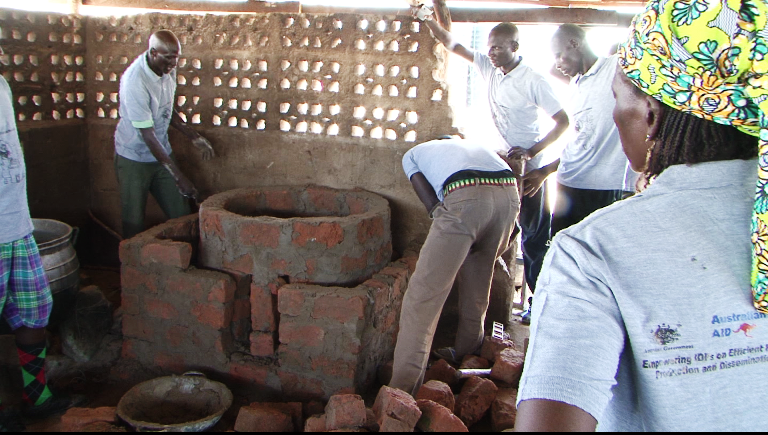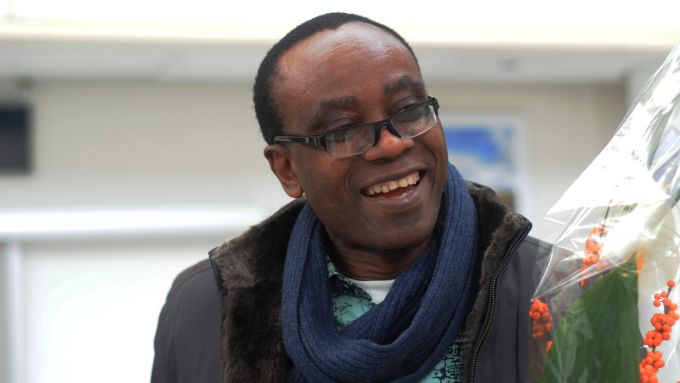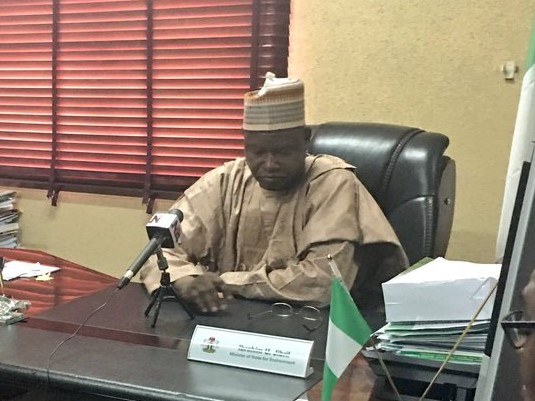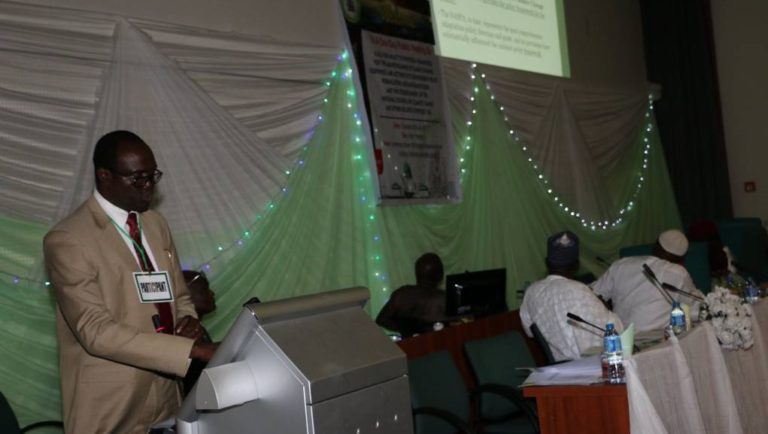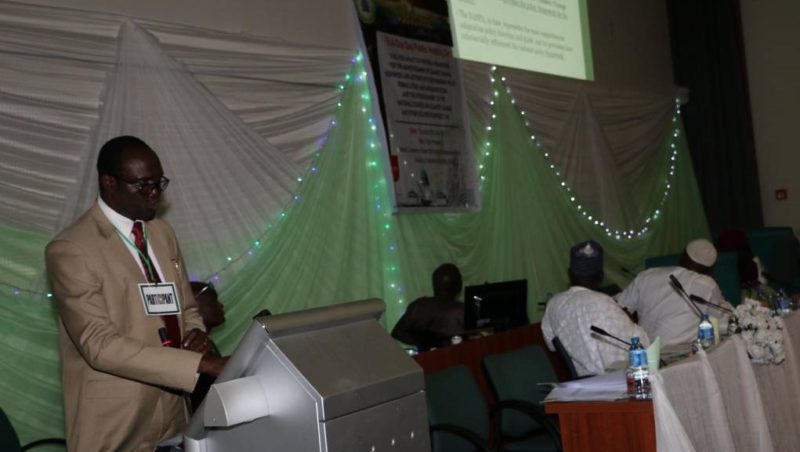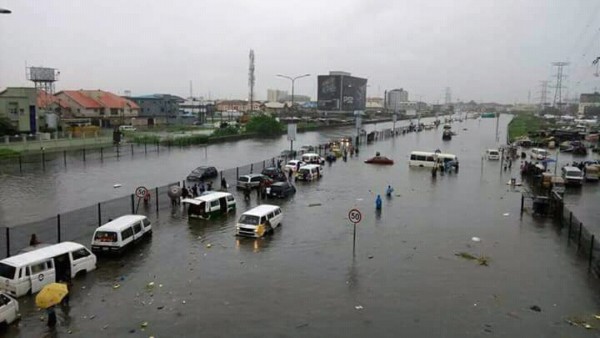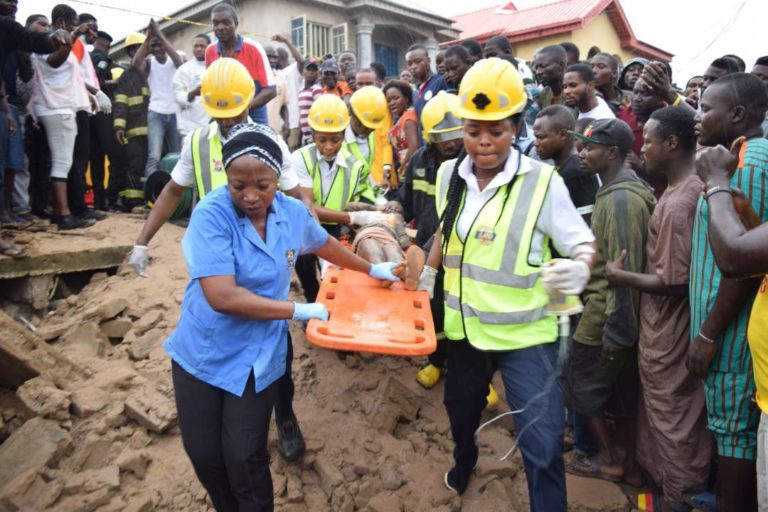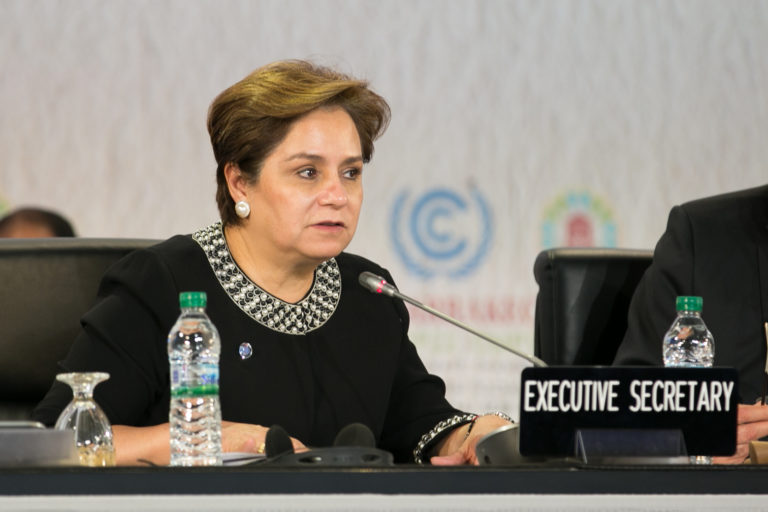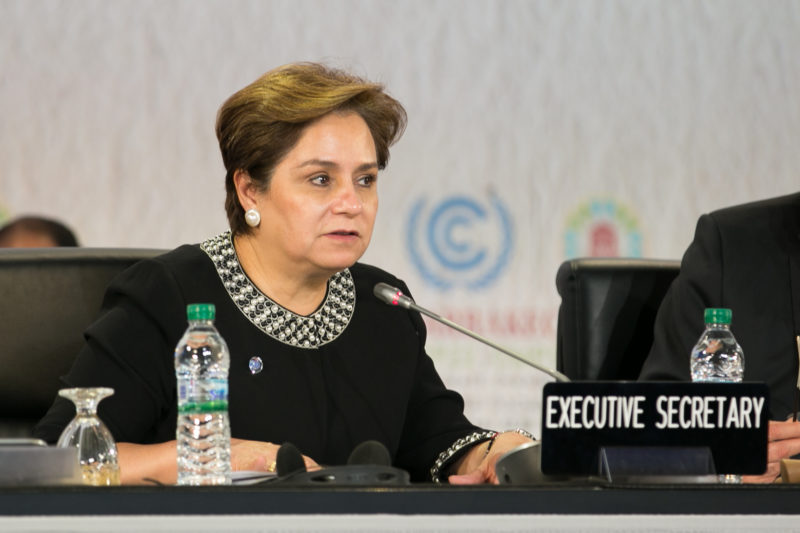The Royal Society for the Protection of Birds (RSPB) has frowned at the world’s first full-scale floating wind farm that is being built off the north-east coast of Scotland.
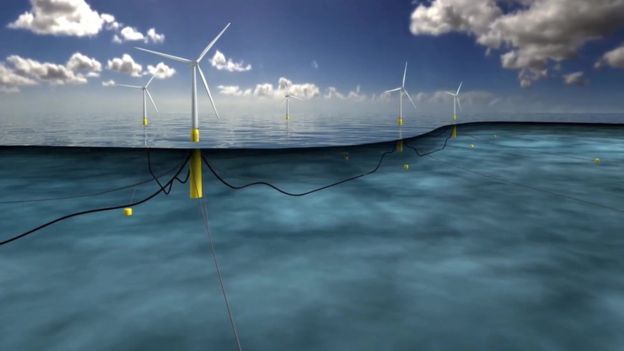
There are fears that the revolutionary technology, which will allow wind power to be harvested in waters too deep for the current conventional bottom-standing turbines, may kill thousands of sea birds when it eventually becomes operational.
RSPB Scotland however admits that estimates are hugely uncertain because it is impossible to count bird corpses at sea.
The RSPB’s Aidan Smith told BBC News: “Generally we are very enthusiastic about floating wind technology because it allows turbines to be placed far offshore – away from seabird nesting sites, and it helps us tackle climate change.
“We oppose the Hywind project because it adds to a situation we already believe is a problem.”
The Peterhead wind farm, known as Hywind, is a trial which will bring power to 20,000 homes.
Manufacturer Statoil says output from the turbines is expected to equal or surpass generation from current ones.
It hopes to cash in on a boom in the technology, especially in Japan and the west coast of the US, where waters are deep.
“This is a tech development project to ensure it’s working in open sea conditions. It’s a game-changer for floating wind power and we are sure it will help bring costs down,” said Leif Delp, project director for Hywind.
So far, one giant turbine has already been moved into place, while four more wait in readiness in a Norwegian fjord.
By the end of the month they’ll all have been towed to 15 miles (25km) off Peterhead, Aberdeenshire, where they’ll float upright like giant fishing floats.
While the turbines are currently very expensive to make, Statoil believes that in the future it will be able to dramatically reduce costs in the same way that manufacturers already have for conventional offshore turbines.
“I think eventually we will see floating wind farms compete without subsidy – but to do that we need to get building at scale,” said Mr Delp.
The operation to begin shifting the first of the 11,500 tonne giants happened dramatically in the half-light of a Norwegian summer night.
Crews secured thick cables to tug boats and used remote-controlled submarines to check for obstacles.
Finally the giant was on the move, floating on a sealed vase-like tube 78m deep, its bottom filled with iron ore to weight the base and keep it upright in the water.
The price of energy from bottom-standing offshore wind farms has plummeted 32% since 2012 – far faster that anyone predicted.
The price is now four years ahead of the government’s expected target, and another big price drop is expected, taking offshore wind to a much lower price than new nuclear power.
Floating turbines may create a new frontier for energy – but scientists on the Intergovernmental Panel on Climate Change (IPCC) warn far more investment in additional new technologies is urgently needed for governments to keep promises on reducing emissions.


